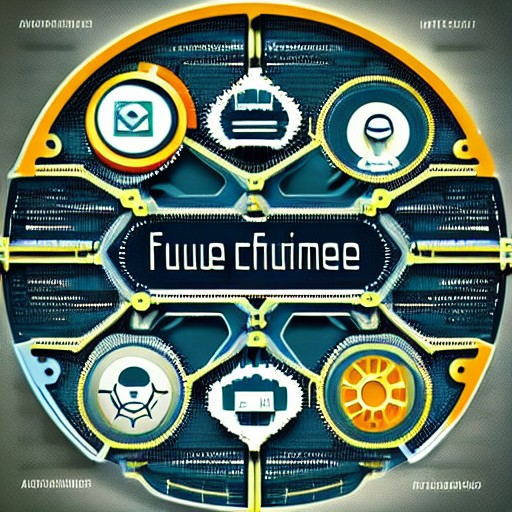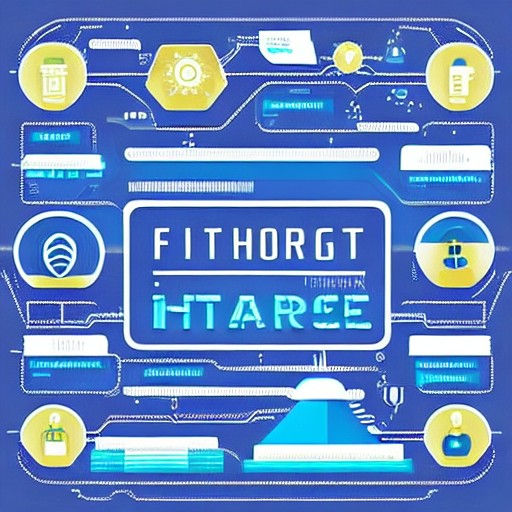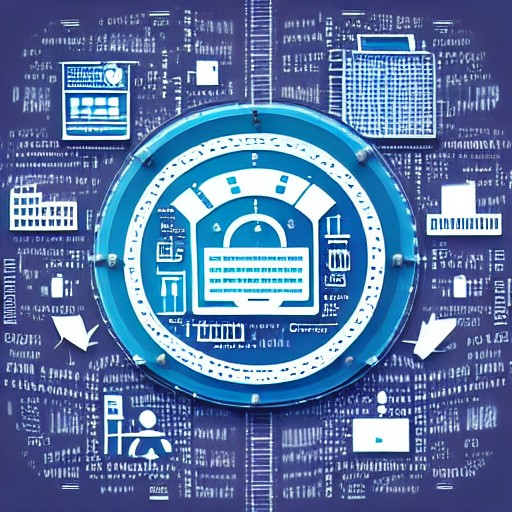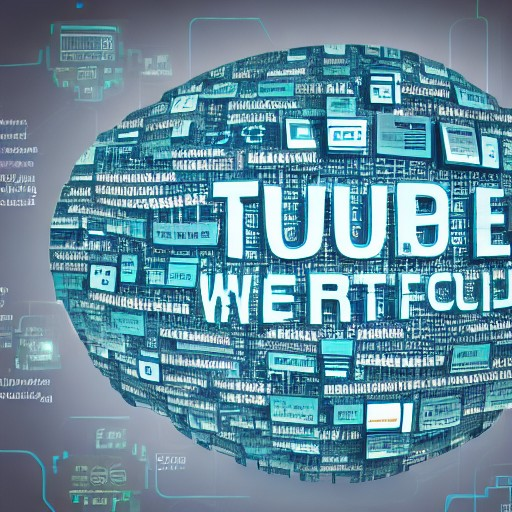The Future of Technology and Its Impact on the Workforce
Introduction
Technology has been changing the way we work for many years, but recent advances are poised to revolutionize the workforce. Automation, artificial intelligence, and other emerging technologies have the potential to transform industries and create new opportunities, but they also pose significant challenges.

Automation
Automation is one of the most significant technological advances that will impact the workforce in the coming years. Robots and other automated systems are already being used in manufacturing, logistics, and other industries to replace human workers. While automation can increase productivity and reduce costs, it also leads to job displacement and creates a need for new skills.

Artificial Intelligence
Artificial intelligence (AI) is another technology that will have a significant impact on the workforce. AI systems can automate tasks that were previously performed by humans, such as data analysis and customer service. However, the use of AI also raises ethical concerns and could lead to job loss.

The Gig Economy
The rise of the gig economy, in which workers perform short-term, freelance, or contract work, is another trend that will shape the future of work. Advances in technology have made it easier for individuals to work remotely and connect with clients globally. However, gig work is often precarious, with no job security or benefits.

New Skills
As technology advances, the skills required to succeed in the workforce will also change. In-demand skills will include digital literacy, data analysis, and programming. Additionally, soft skills such as communication, creativity, and adaptability will become increasingly important as machines take on more routine tasks.

Conclusion
In conclusion, the future of technology holds both opportunities and challenges for the workforce. While automation, AI, and the gig economy offer new possibilities for increased efficiency and flexibility, they also pose threats to job security and require workers to develop new skills. It is important for individuals and organizations to stay informed and adapt to these changes to stay competitive in the workforce. Additionally, it is crucial for society to consider the ethical implications of these technologies and work towards creating a future that benefits all members of the workforce. As technology continues to evolve, it is important to approach it with caution and consideration for its impact on individuals and society as a whole.